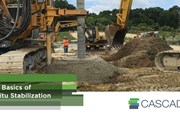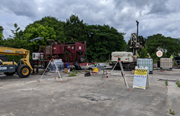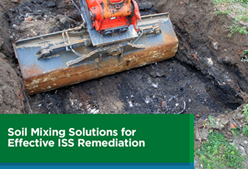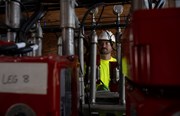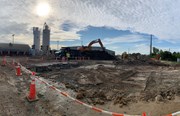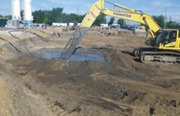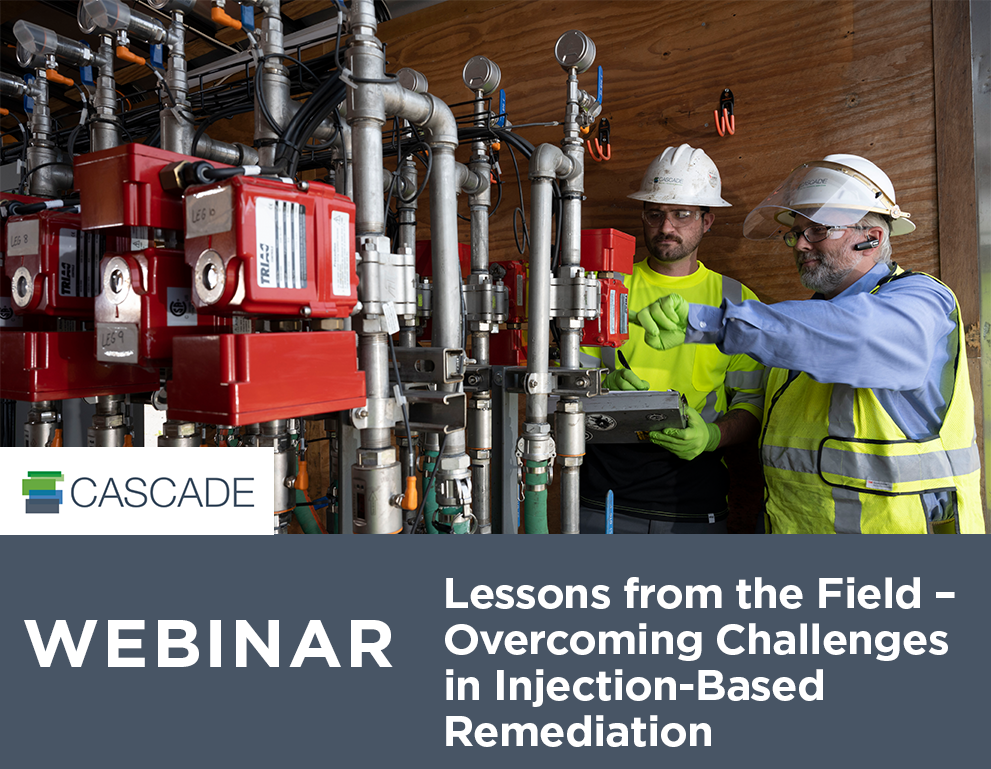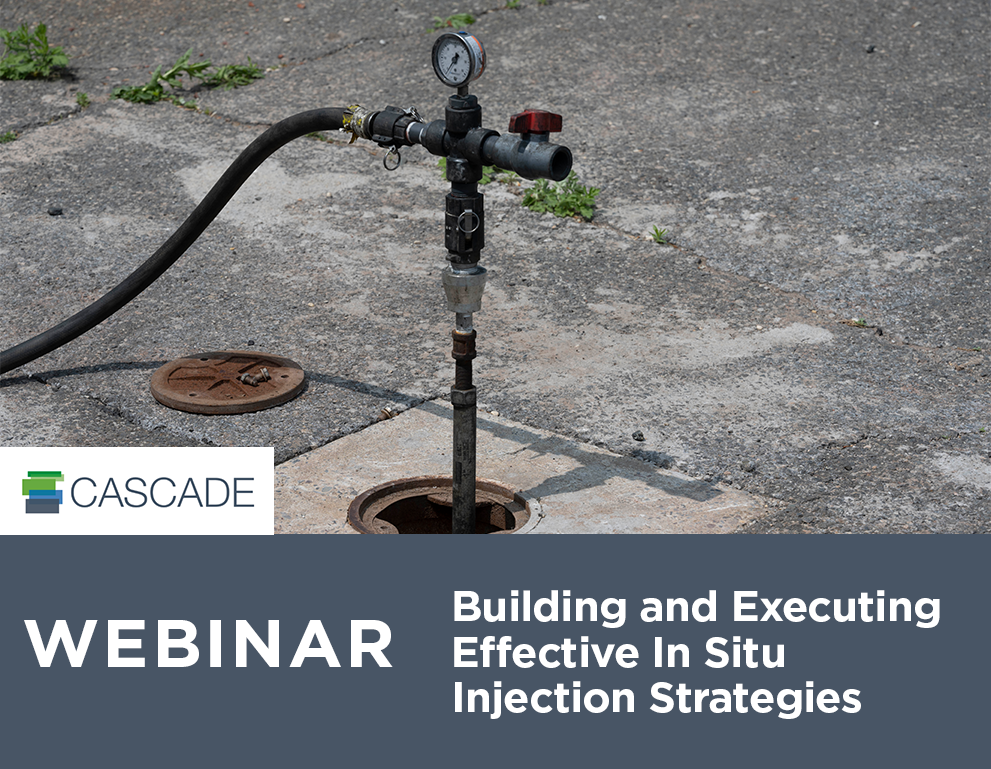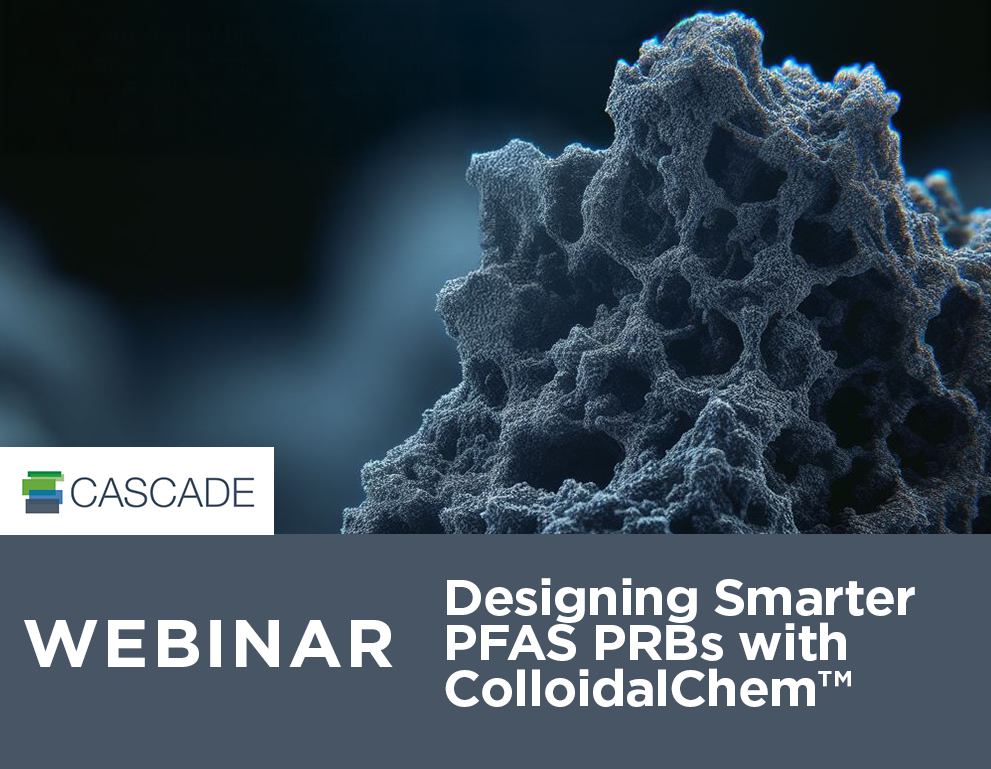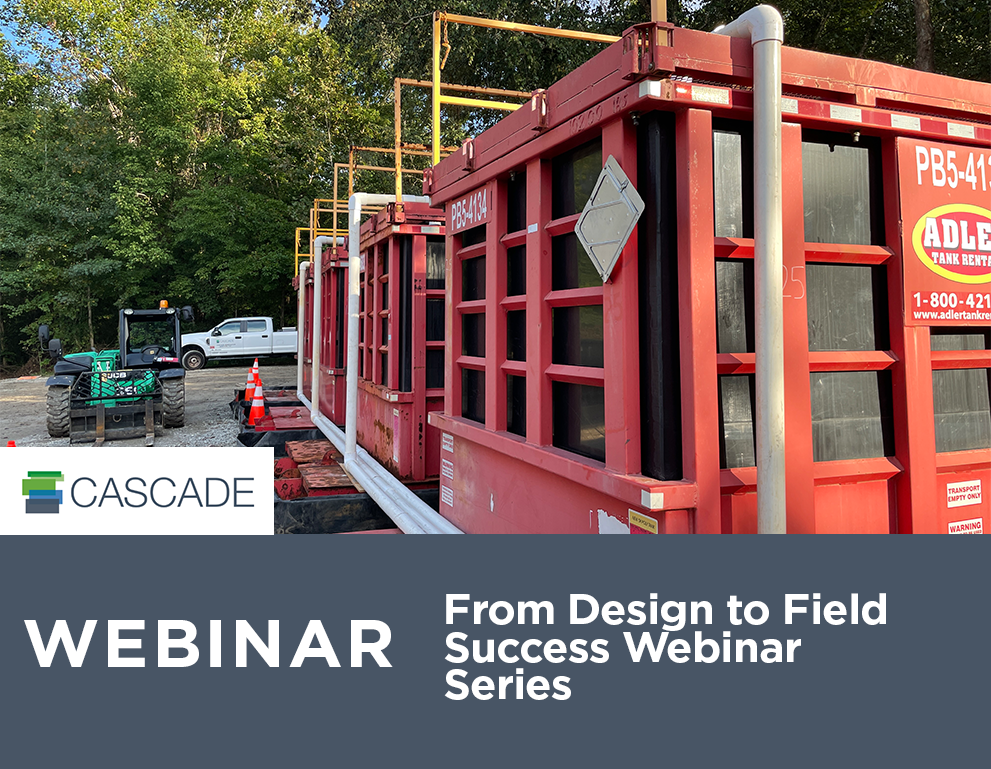ASTM Standards & Best Practices for Investigation Derived Waste
By: CascadeProperly dealing with Investigation Derived Waste (IDW) is one of the difficulties that come with environmental remediation. IDW itself is the water, soil, and cuttings that are generated during drilling and sampling as a component in the investigation of a site’s potential or actual contaminations. Proper management and disposal of IDW is crucial for keeping in line with state and federal regulations - but still, dealing with IDW can be both time-consuming and confusing.
There’s typically a small volume of waste and the complexities of local, state, and federal regulations can be daunting. Then there’s the hassle of finding a qualified contractor, sampling, manifesting, labeling, and arranging for transportation and disposal. It’s a time-consuming hassle for a small component of a large-scale drilling or site remediation project. But when project managers spend a little time planning for the management of IDW, there are some valuable options that will make a big difference in the big picture.
What is the ASTM E2893 Standard Guide for Greener Cleanup?
The ASTM E2893 Standard Guide for Greener Cleanups identifies a whole host of best management practices for environmental cleanup projects, with the specific aim of reducing the project’s overall environmental footprint.
Simply put, the ASTM E2893 provides a very useful framework for sustainable remediation. When working with a contractor that understands the complexity of waste management and is savvy on the subject of sustainability, many of these best-management practices are quite viable, resulting in economic and environmental savings in the long run.
THE 7 BEST PRACTICES FOR DEALING WITH IDW INCLUDE:
- Segregate drilling waste based on its location and composition in order to reduce the volume of drilling waste disposed of off-site. If you can, you should collect the necessary analytical data to make decisions pertaining to on-site reuse.
- Use alternative drilling methods, such as direct push or sonic drilling technology for well drilling, in order to minimize the kind of drill cuttings that require disposal.
- Use treated slurry and/or process water for other cleanup activities or non-remedial applications such as irrigation or wetlands enhancement.
- Treat potentially contaminated purge water with an on-site treatment technique prior to reinjecting into an on-site well, or discharge to a storm drain or waterway, when it’s permissible.
- Use uncontaminated wastewater or treated water for tasks such as wash water, irrigation, dust control, constructed wetlands, and other uses.
- Employ a closed-loop greywater washing system for the decontamination of trucks.
- Consider discharging wastewater to a POTW or other regional water treatment plant rather than building and operating an on-site treatment plant, when feasible and environmentally beneficial based on additional analysis.
The Flexibility of the ASTM Greener Cleanup Standard
ASTM is a well-respected, internationally recognized standards board, so you can trust that there has been a lot of research, discussion, and consensus behind these best management practices.
One of the most practical benefits of utilizing the ASTM Greener Cleanup Standard is its flexibility. The standard allows one to consider feasibility, priority, and results for each practice when choosing whether to implement it within a project’s lifecycle. What works for one project, may not even be possible on another, and ultimately, that’s what sustainability is all about. There is no one-size-fits-all approach to sustainability; rather it is an art of balancing economic, social, and environmental factors in order to operate responsibly.
Investigation Derived Waste Management with Cascade Drilling®
The beauty of partnering with Cascade, the nation’s leading provider of environmental remediation services, is that we offer turnkey IDW management for both our drilling and technical services. At Cascade, we understand the complex ins and outs of IDW management, namely, the importance, and difficulty, of maintaining compliance in an area fraught with regulatory complications. Cascade provides a single point of contact for your project's IDW management, encompassing the full lifecycle of your project’s investigation-derived waste from profiling, to manifesting, to transportation, to disposal all across the US.
Cascade’s waste management experts will work closely with your team to identify the right options for meeting your project goals. Options include off-site transportation or on-site treatment, and we offer both bulk and drum services. Drum services include both less-than-truckload and full truckload pick-ups, and Bulk services include soil bins, frac tanks, dump trucks, vacuum trucks, and filtration & treatment for on-site discharge.
Dealing with IDW can be a nuisance, especially with all the other complications that come with site remediation. But, when you partner with Cascade Environmental, you can say goodbye to your worries over IDW management.
Cascade offers the logistical support of a national organization, with the personal touch of a local contractor. If you’re interested in the ways we can help you with your investigation-derived waste, request a quote now.

